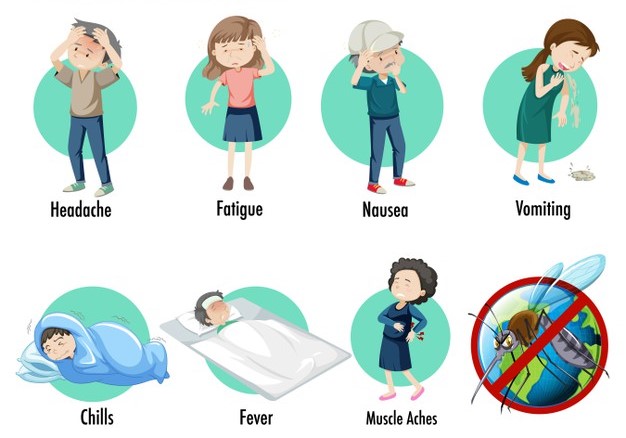The Federal Government on Tuesday said the country records nearly 90,000 malaria deaths each year.
This is even as it said an estimated 55 million cases of malaria are recorded in the country every year.
The Minister of Health, Dr. Osagie Ehanire, disclosed this at a Pess briefing to commemorate the World Malaria Day, themed ‘Time to deliver zero malaria: invest, innovate, implement.’
Dr. Ehanire, who was represented by the Permanent Secretary at the health ministry, Mamman Mamuda, said despite efforts by the government and its partners to combat the effects of malaria in the country, the country still accounts for 27 per cent of global malaria cases and 32 per cent of global malaria deaths.
“It is estimated that approximately 55 million cases of malaria and nearly 90,000 malaria deaths occur each year in our country.
“Malaria also has an adverse effect on the economy of our nation as it is the major cause of absenteeism in schools, offices, businesses, markets and thereby reducing the income of families, including the hardship of out-of-pocket expenses borne by Nigerians yearly for diagnosis and treatment. The out-of-pocket expenditure for malaria is estimated to be 70 per cent and Nigerians pay as much as N2,280 on each malaria.
“The economic burden of malaria in Nigeria was estimated at $1.6b (N687bn) in 2022 and may increase to about $2.8bn (N2tn) in 2030. It is important to note that successful control of malaria will increase productivity, improve health, reduce school absenteeism, reduce poverty and facilitate the attainment of the Sustainable Development Goals. Consequently, we must continue to fight to achieve zero malaria by 2030, in line with the World Health Organisation’s global technical strategy,” he said.
The government, however, calls for investment to defeat malaria and step up innovative strategies and impactful interventions.
“This is a clarion call to the populace, particularly those of us who live in malaria endemic regions, who account for most of the burden and deaths, to avail ourselves of the available tools and strategies to enable us to reach those in need.
“It is a call to invest in efforts to defeat malaria. In this regard, we must ensure that funding is prioritised for the most marginalised and hard-to-reach populations who are less able to access services and are hardest hit when they become ill.
“Invest in and step up innovative strategies and interventions that are impactful. These include innovations that are impactful, bringing new vector control approaches, including use of new generation insecticidal nets and PBO nets to mitigate the effects of widespread insecticidal resistance being observed across Nigeria and other malaria endemic countries; as well as step up surveillance for the recently discovered anopheles stephensi specie of mosquito in Nigeria, with its potential for breeding in different setting and transmitting urban malaria and Plasmodium vivax infection which was previously uncommon to West Africa.
“The theme also calls for scaling up malaria diagnostics, and use of new malaria, and support for malaria operational research and surveillance to guide impactful implementation. We are calling on both the public and private sectors to act now.”


